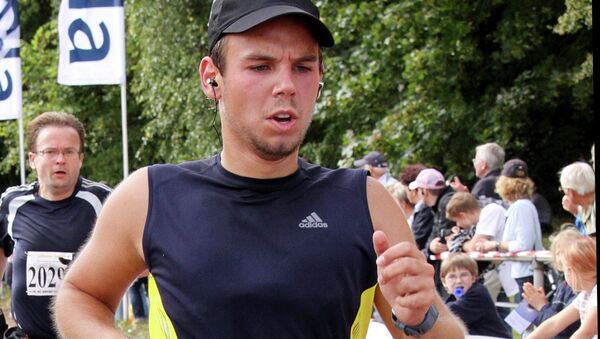Marseille-based prosecutor Brice Robin was cited by The Associated Press saying that Andreas Lubitz, the co-pilot on the flight, who had a history of depression, had tried to seek advice for an undisclosed ailment, which Robin refused to speculate on.
#Germanwings #Lufthansa Investigation continue into Lubitz’s medical history and whether doctors understood the severity of his troubles
— George Hatcher Sr. (@GeorgeHatcher) June 4, 2015
Robin is heading up an investigation into the March 24 crash that killed all 150 people on board the Germanwings flight, which had taken off from Barcelona en route to Dusseldorf.
Investigators believe Lubitz intentionally crashed the plane into the Alps, amid reports the 28-year-old had a history of mental illness.
Following #Germanwings crash, the @EU_Commission seeks to improve #cockpit management | VIDEO: http://t.co/9jw3OvUsYA pic.twitter.com/WamEOYo9Q3
— viEUws (@viEUws) June 5, 2015
The incident highlighted the risks associated with pilot safety protocol at the time, and has now sparked a reinforcement of airline safety regulations in many countries, who have introduced regulations stipulating that two people must be in the cockpit at all times.
@thedailybeast @ClancyReports Did the Hippocratic Oath get in the way of Docs warning the authorities….. #Germanwings
— ːGraceːWalkː (@siwelylla) June 5, 2015
The accusations leveled at Lubitz and the speculation around his mental health at the time of the flight has also forced a re-think of the mental health guidelines and support services currently in place for commercial aviation pilots, amid questions they weren't adequate enough.


